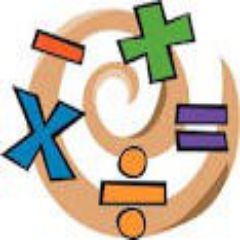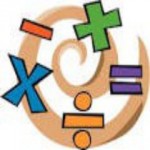Question: #6658
Multiple Intelligence and Personal Success Psy 300
Multiple Intelligence and Personal Success
Psy 300
Multiple Intelligence and Personal Success
Psy 300
Multiple Intelligence and Personal Success
Psy 300
Solution: #6675
Multiple Intelligence and Personal Success Psy 300
Multiple Intelligence and Personal Success Psy 300 For years people have wondered what makes one intelligent. Humans have a desire to understand things and possess a high intelligence. It was often deemed that possessing strong mathematical and verbal skills were what made one intelligent. The very first formal testing of intelligence was developed in 1905 by Albert Binet and Théophile Simon called the Intelligence Quotient or IQ test (Wikepedia, 2010). As time has progressed researchers have studied the human mind and behavior allowing them to prove that intelligence is much more than being skilled at math, logic, and attaining strong verbal skills (Kowalski & Western, 2009). Intelligence implies understanding, knowing, and the ability of being skilled in certain tasks. Of the defining elements of intelligence can be displayed in everyday activities other than reading and writing, thus the IQ test is limited in its ability to assess one’s knowledge and capabilities. Individuals who are in fact skilled in reading may lack skills in math or another area (Kowalski & Western, 2009). Multiple Intelligence theory In 1983 a professor at Harvard University, Dr. Howard Gardner developed the multiple intelligence theory (Dr. Thomas Armstrong, 1998-2000). For centuries western society has focused solely on mathematical skills and verbal abilities (Dr. Thomas Armstrong, 1998-2000). The way that America viewed intelligence changed dramatically with Gardner’s theory. Intelligence according to Gardner was viewed as, “an ability or set of abilities that is used to solve problems or fashion products that are of consequence in a particular cultural setting” (Kowalski & Western, p.279, 2009). Given that one has the potential to have a set of abilities or solely one ability, is according to Gardner “because [people] have multiple neural nodes” (Kowalski & Western, p.279, 2009). Gardner’s multiple intelligence theory consists of a broad range of human potential listed in eight varying ways that are, “musical, bodily/kinesthetic (such as the control over the body and movement that distinguishes great athletes and dancers), spatial (the use of mental maps), linguistic or verbal, logical/mathematical, naturalist, intrapersonal (self understanding), and interpersonal (social skills)” (Kowalski & Western, p.279, 2009). Gardner covers a (broad) range of intelligences that highlight talents, and skills, at vario...




Related Solutions
No related questions were found.
Comments
Posted by: Deepeyes

Deepeyes
Senior JournalistBudget: $15
Ready
Tags: Psychology
Opera
Sell Your Solution Report Solution Support Center
Online Users
-
 Deepeyes
Today
Deepeyes
Today
A+ - Thank you!
Thanks for the positive feedback!